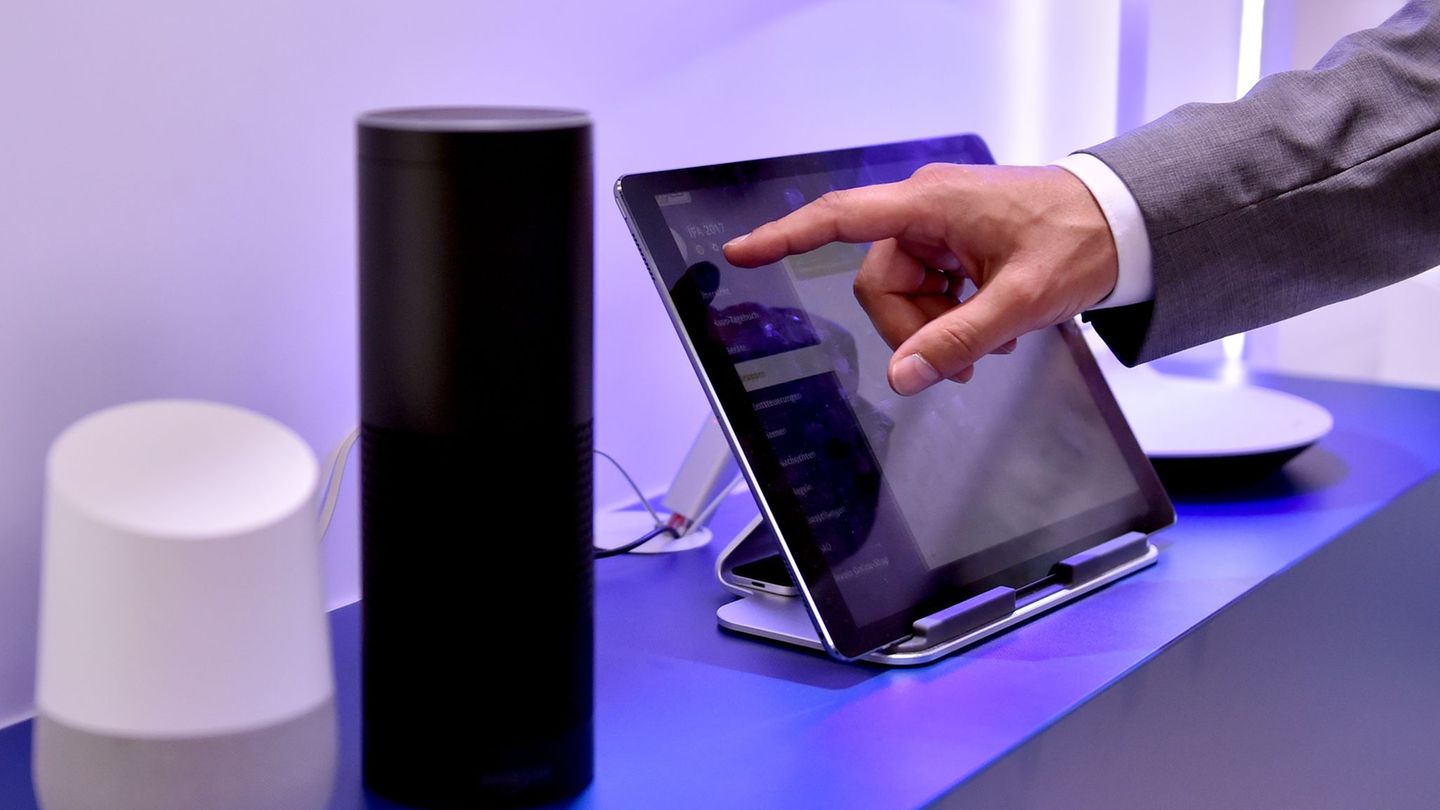Menu
EU data law: Smart TV to e-bike: Users will receive new rights from Friday
Categories
Most Read
After freezing spending, the Government achieved a primary fiscal surplus of almost $700 billion in September
October 16, 2025
No Comments
Imported goods jumped 9% after the dollar rose
October 16, 2025
No Comments
The discount that will save you hundreds of dollars on your trip: perfect for young people
October 16, 2025
No Comments
the bond operates at 20%, after hitting an intraday ceiling of 93%
October 16, 2025
No Comments
Construction costs exceeded 3% in September and reached their highest level of the year
October 16, 2025
No Comments
Latest Posts

Without a confirmed seat, Franco Colapinto is already thinking about 2026: “I am confident that we will have a fast car”
October 16, 2025
No Comments
October 16, 2025 – 20:47 The Argentine considered that to continue in Formula 1 next year he must “continue working and growing.” Facing a new

Average speeding: another outstanding debt to reduce road accident rates
October 16, 2025
No Comments
Increase measures regarding road safety It is key to reducing the high rates of road accidents. Already in 2008, with the issuance of Law 26,363

the proposal that senior Venezuelan officials brought to the United States
October 16, 2025
No Comments
October 16, 2025 – 19:49 They claim that the Rodríguez brothers offered the US a way to stay in power without the Venezuelan president. Senior
24 Hours Worlds is a comprehensive source of instant world current affairs, offering up-to-the-minute coverage of breaking news and events from around the globe. With a team of experienced journalists and experts on hand 24/7.

